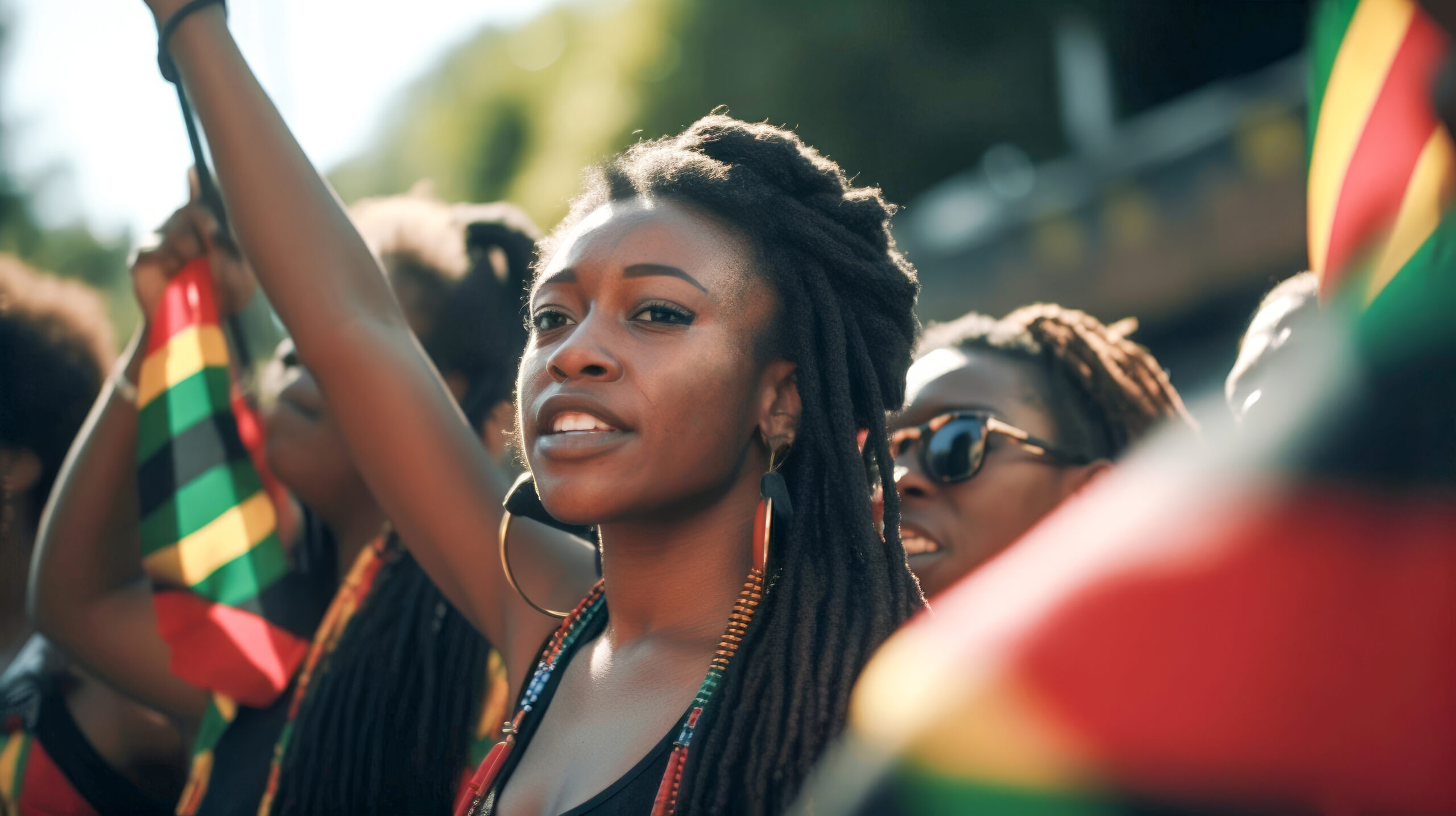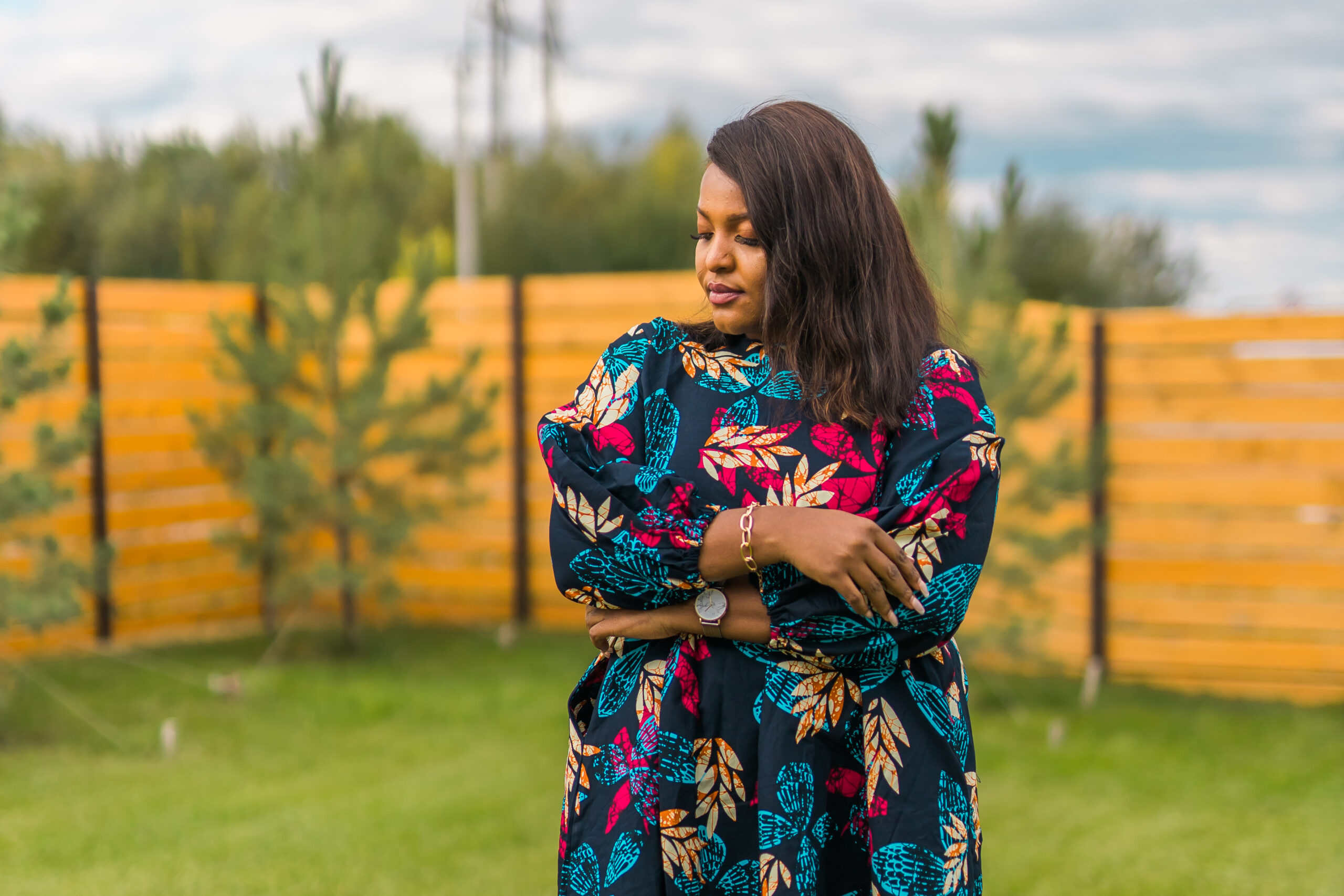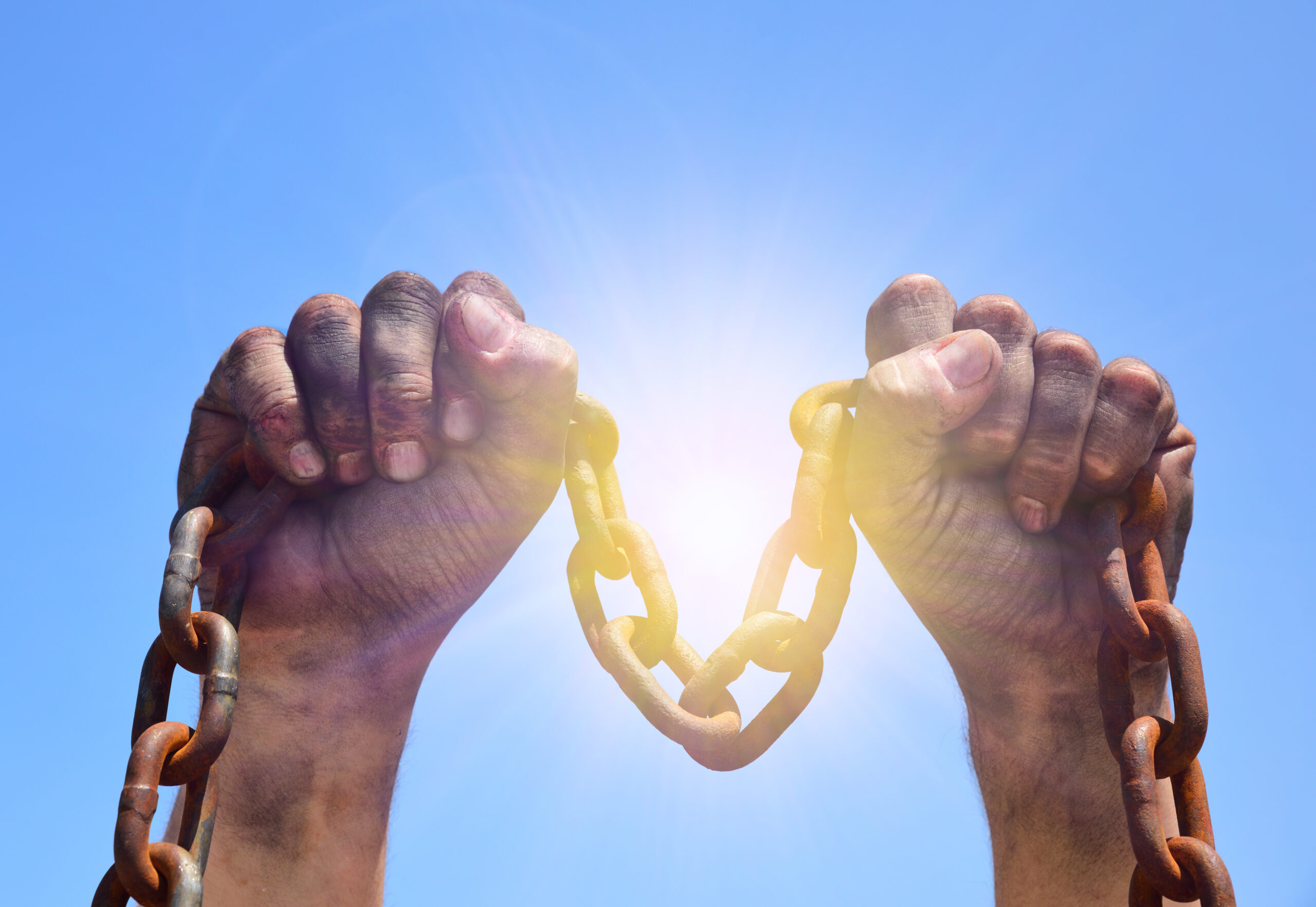I need to talk to you about something really serious today. A disturbing video has surfaced showing hip-hop mogul Sean “Diddy” Combs physically assaulting his then-girlfriend, singer Cassie Ventura, back in 2016. And let me tell you this footage is about as dark as it gets.
The video, obtained by CNN, shows Cassie trying to leave a hotel room, only for Diddy to come charging out in just a towel. He grabs her by the neck, throws her to the ground, and then kicks her repeatedly while she’s lying there defenseless. At one point, he even drags her by her sweatshirt before hurling an object at her.
Now, I don’t know about you, but watching a man violently attack a woman like that makes me feel sick to my stomach. No person should ever have to endure that kind of physical and emotional trauma, especially from someone who is supposed to love and protect them. My heart breaks for Cassie and any other victims of domestic abuse who have had to suffer in silence.
But you know what else this video does? It serves as a stark, unavoidable wake-up call about the harsh realities of domestic violence and toxic relationships. Too often, these types of incidents happen behind closed doors, allowing the abusers to escape real accountability. But now that this footage is out there for the world to see, we can’t ignore or sweep it under the rug anymore.
For anyone, especially women, who might be in a similar situation right now – please know that you are not alone. Abuse of any kind, whether physical, emotional, verbal or psychological, is never okay and you don’t deserve it. No matter what your partner might say to justify their actions, violence is violence. Period.
I understand that leaving an abusive relationship is one of the most difficult, scary things a person can do. Your abuser has likely made you feel small, worthless and dependent on them. They’ve beaten you down mentally and physically until you’re questioning your own reality. Trust me, I get how that mind game works and why it’s so hard to break free.
But you have to find the strength and courage, for your own wellbeing and safety. Because the pattern never stops on its own – it only escalates until someone gets seriously hurt or even killed. No amount of apologizing, gift-giving or sweet-talking from your abuser will ever make up for the trauma they’ve inflicted. You deserve so much better.
That’s why I’m begging you, if you’re being abused by your partner, please reach out for help immediately. Call the National Domestic Violence Hotline at 1-800-799-SAFE (7233). They have trained advocates available 24/7 to provide support, resources and even help you create a safe exit plan if you’re ready to leave. You can also visit thehotline.org to chat online if you don’t feel comfortable calling.
Remember, you don’t have to go through this alone. There are people and organizations ready and waiting to help get you out of that dangerous situation safely. Because no woman should ever have to suffer brutal beatings and violence at the hands of her partner, the way Cassie did in that horrific video.
I know some of you might be thinking, “Well, Cassie went back to Diddy after that incident, so it must not have been that bad.” But that’s exactly the kind of toxic mentality that keeps women trapped in abusive cycles for years, sometimes until it’s too late. We have to stop victim-blaming and recognize that leaving an abuser is extremely difficult due to the psychological torment and control they inflict.
The important thing is, Cassie eventually found the courage to leave for good, file a lawsuit detailing the years of abuse she endured, and get herself to a safer place. And while I certainly don’t condone or excuse Diddy’s deplorable actions, I do commend him for issuing an apology and settling the lawsuit instead of trying to fight the allegations. Admitting you were wrong and making amends is the first step towards accountability and personal growth.
But this can’t be where the story ends. We need real, systemic change in how we prevent domestic violence, protect and support survivors, and hold abusers accountable. Whether you’re a celebrity, public figure or average person – if you harm another human being, there have to be serious legal and societal consequences. No more getting slaps on the wrist or letting money and power be a get-out-of-jail-free card.
Domestic abuse is never just a “private matter” or something to be swept under the rug. It’s a vicious cycle that destroys lives and perpetuates more violence against innocent people. By turning a blind eye, we become enablers of these toxic, dangerous situations. We all have to be proactive allies for survivors and help create an environment where abusers can no longer operate with impunity.










